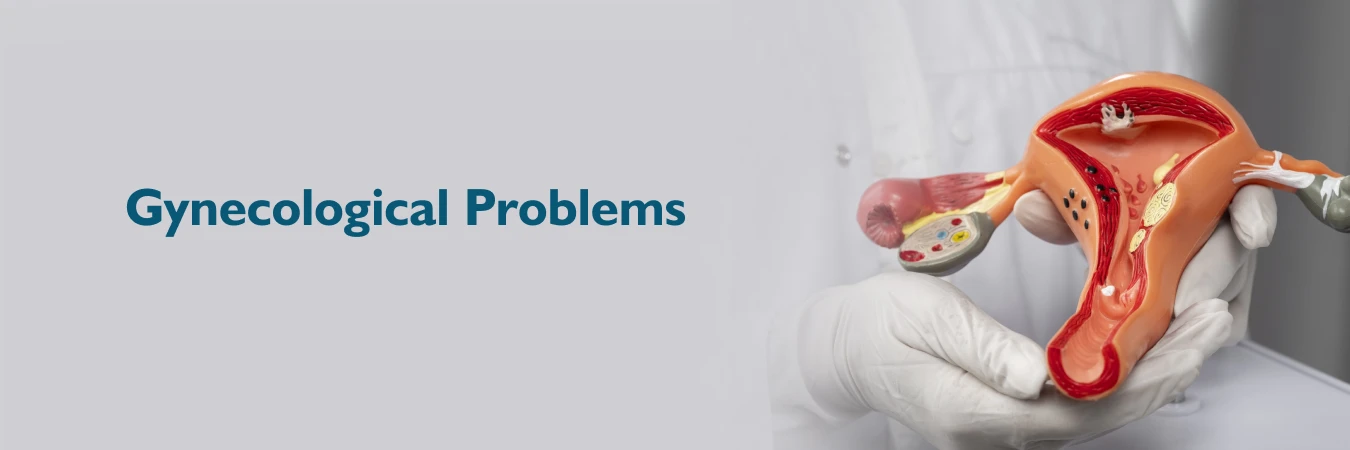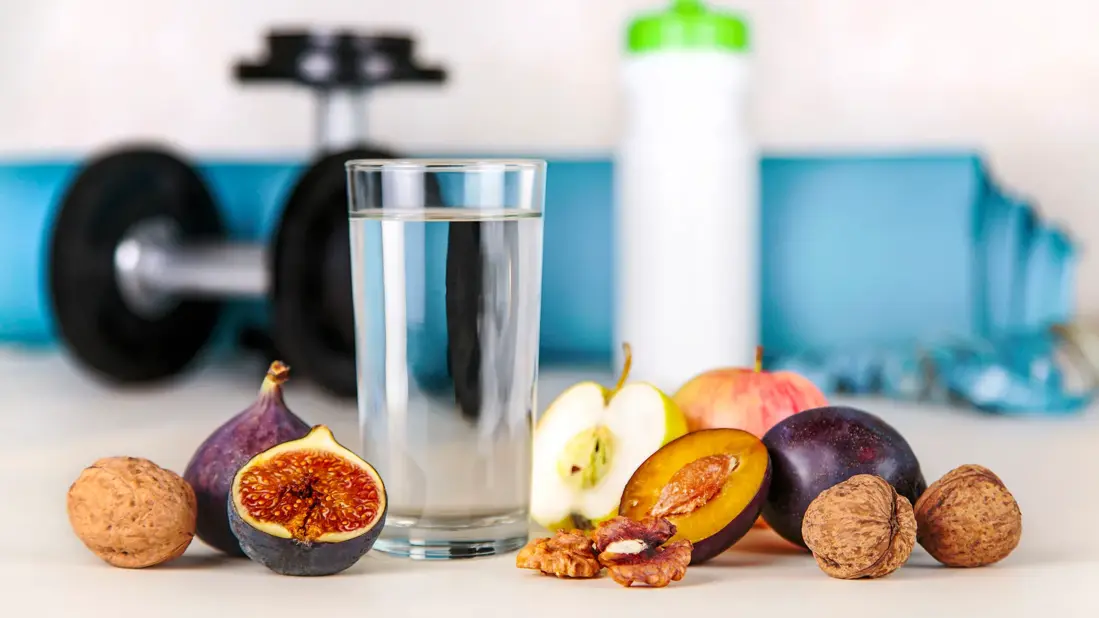Gynecological health is a crucial aspect of a woman’s overall well-being, yet many women experience issues that impact their daily lives. From menstrual disorders to hormonal imbalances in women, these conditions can cause discomfort, pain, and even long-term health complications. The good news? Many of these issues are preventable or manageable with the right lifestyle choices, early detection, and medical guidance. This article will walk you through some of the most common gynecological problems, their causes, and, most importantly, how you can prevent them.
1. Menstrual Disorders
Menstrual disorders encompass a range of problems, including heavy bleeding, irregular cycles, and painful periods. Abnormal uterine bleeding is one of the most reported issues among women of reproductive age.
Prevention Tips:
- Maintain a healthy diet rich in iron and vitamins.
- Exercise regularly to regulate hormones.
- Reduce stress through yoga or meditation.
- Consult a gynecologist if irregularities persist.

2. Pelvic Pain Causes and Chronic Pelvic Pain
Pelvic pain can be a symptom of multiple gynecological issues, including endometriosis management, pelvic inflammatory disease (PID), and ovarian cysts signs.
Prevention Tips:
- Stay hydrated and maintain a fiber-rich diet to support digestive health.
- Avoid douching, which can disrupt vaginal flora.
- Practice safe sex to prevent infections that may cause pelvic pain.
- Seek medical advice if pelvic pain becomes persistent.
3. Vaginal Infections Symptoms and Prevention
Common vaginal infections, such as bacterial vaginosis and yeast infections, can cause itching, discharge, and discomfort.
Prevention Tips:
- Wear breathable cotton underwear.
- Avoid scented feminine hygiene products.
- Practice good hygiene, but avoid overwashing.
- Eat probiotic-rich foods to promote healthy bacteria.

4. Uterine Fibroids Treatment and Prevention
Uterine fibroids are noncancerous growths in the uterus that can cause heavy periods and pain.
Prevention Tips:
- Maintain a healthy weight.
- Reduce red meat consumption and increase green vegetables.
- Manage stress, as high cortisol levels may contribute to fibroid growth.
- Monitor fibroids with regular checkups.
5. Polycystic Ovary Syndrome (PCOS) Management
PCOS is a hormonal disorder that leads to irregular periods, weight gain, and excessive hair growth.
Prevention Tips:
- Follow a balanced diet with low glycemic index foods.
- Exercise regularly to improve insulin sensitivity.
- Avoid excessive sugar and processed foods.
- Consult a healthcare provider for hormone regulation strategies.
6. Pelvic Inflammatory Disease (PID) Prevention
PID is a serious infection of the female reproductive organs, often caused by untreated STIs.
Prevention Tips:
- Practice safe sex and use protection.
- Get tested regularly for sexually transmitted infections (STIs) in women.
- Avoid multiple sexual partners.
- Seek early treatment for any vaginal infections.

7. Cervical Dysplasia and Gynecological Cancer Symptoms
Cervical dysplasia refers to abnormal cell changes in the cervix, which can lead to cervical cancer if left untreated.
Prevention Tips:
- Get regular Pap smears and HPV vaccinations.
- Avoid smoking, which increases the risk of cervical cancer.
- Maintain a healthy immune system with a nutrient-rich diet.
8. Urinary Incontinence in Women and Pelvic Organ Prolapse
Urinary incontinence and pelvic organ prolapse occur when weakened pelvic muscles lead to bladder leakage or displacement of pelvic organs.
Prevention Tips:
- Do Kegel exercises to strengthen pelvic muscles.
- Maintain a healthy weight to reduce pelvic pressure.
- Avoid excessive caffeine and alcohol intake.
- Seek physical therapy if symptoms persist.

9. Vulvodynia Causes and Dyspareunia (Painful Intercourse)
Vulvodynia is unexplained chronic pain in the vulva, while dyspareunia refers to painful intercourse.
Prevention Tips:
- Avoid irritants like scented soaps and tight clothing.
- Use lubrication during intercourse if needed.
- Seek medical advice for persistent pain.
10. Menopause Symptoms Management and Premenstrual Syndrome (PMS) Relief
Menopause and PMS can bring mood swings, hot flashes, and fatigue.
Prevention Tips:
- Eat a balanced diet with calcium and vitamin D.
- Stay active to balance hormones.
- Practice mindfulness to ease mood swings.
- Consider medical support for severe symptoms.
Final Thoughts
Your gynecological health plays a vital role in your overall well-being. While some conditions are unavoidable, many can be prevented or managed with simple lifestyle changes. Whether it’s abnormal uterine bleeding, chronic pelvic pain, or hormonal imbalances in women, early detection and proactive care can make a world of difference. Prioritize your health by listening to your body, scheduling regular checkups, and making informed lifestyle choices.



